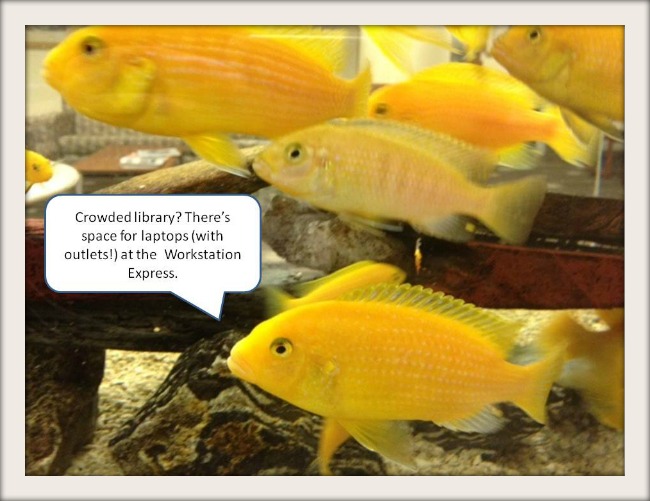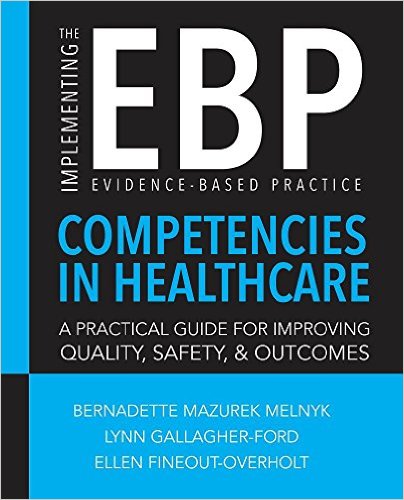You don’t always need fancy gadgets in the library to make things easier on your user community. Sometimes all it takes is some space, a few chairs, and some electrical outlets to add 6 more work spaces to the library. Bring your own device or check out a laptop or tablet to use within the library.

